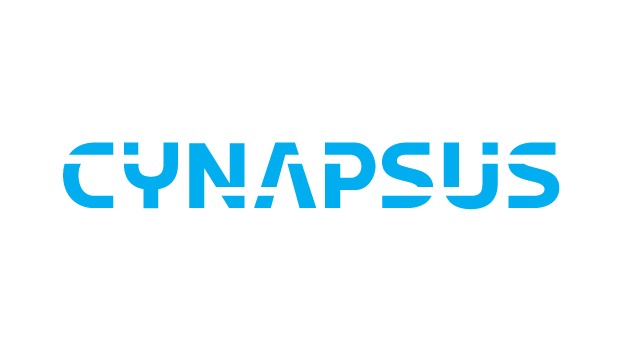Cynapsus’ Parkinson’s Off-Episodes Therapy Granted US Patent
Written by |

Cynapsus Therapeutics Inc. (CTH) has been granted an additional patent for its sublingual apomorphine portfolio by the U.S. Patent and Trademark Office (USPTO). Cynapsus focuses on developing a therapeutic option to address the off-episodes in patients with Parkinson’s disease called APL-130277, and the new patent is owned solely by the company.
Cynpasus received U.S. Patent No. 9,044,475 for its investigational product candidate and related formulations, which gives Cynapsus protection regarding the pharmaceutical dosage forms that combine apomorphine hydrochloride particles with an organic pH neutralizing agent and a permeation enhancer in a sublingual film until at least June of 2030.
This new patent is the third one granted by the USPTO to the company regarding its patent application filings related to sublingual apomorphine therapies. “As one of the original inventors and the CEO of Cynapsus, I am pleased that we have obtained this significant patent issuance,” stated the president and CEO of CTH, Anthony Giovinazzo. “This U.S. patent is part of our broad based patent strategy.”
“It is significant to Cynapsus in that it provides protection for our technology that allows for a clinically meaningful and convenient delivery method of apomorphine, the only drug to be known to rapidly turn patients ON while they are experiencing all types of OFF episodes associated with Parkinson’s disease,” added Giovinazzo.
APL-130277 is expected to become a safe and easy to self-administer alternative for patients who suffer from Parkinson’s disease, particularly during off-episodes, which are common complications of the disease. Parkinson’s disease is a chronic, progressive neurodegenerative disease caused by the death of determined brain neurons, the substantia nigra responsible for movement, and during these moments, patients reemerge in the symptoms, including muscle stiffness, slow movements, and difficulty starting movements, despite being medicated.
The company is currently studying APL-130277 and is planning the development and commercialization of a phase 3, fast-acting, easy-to-use, sublingual thin film for the on-demand turning on of debilitating off episodes due to the burden of Parkinson’s disease. The company is specialized in central nervous systems and its intellectual property includes other patent applications with the main purpose of protecting other features of sublingual apomorphine films.


